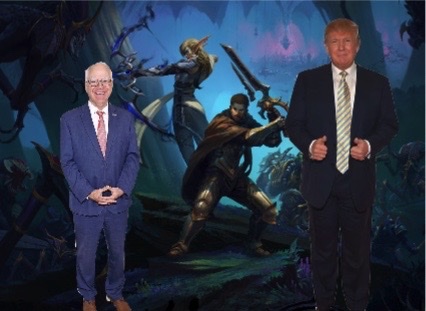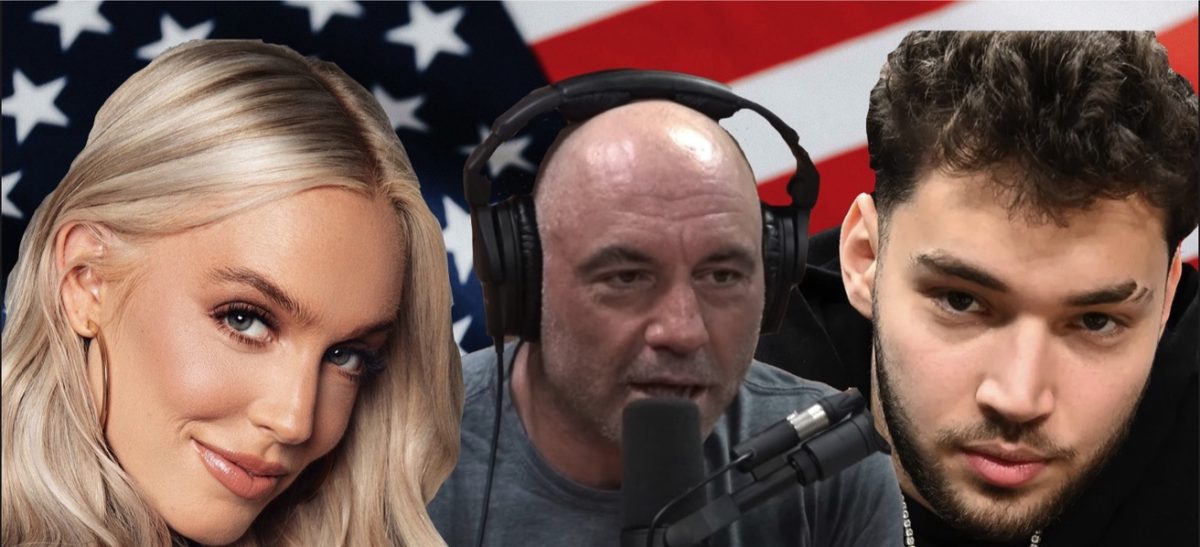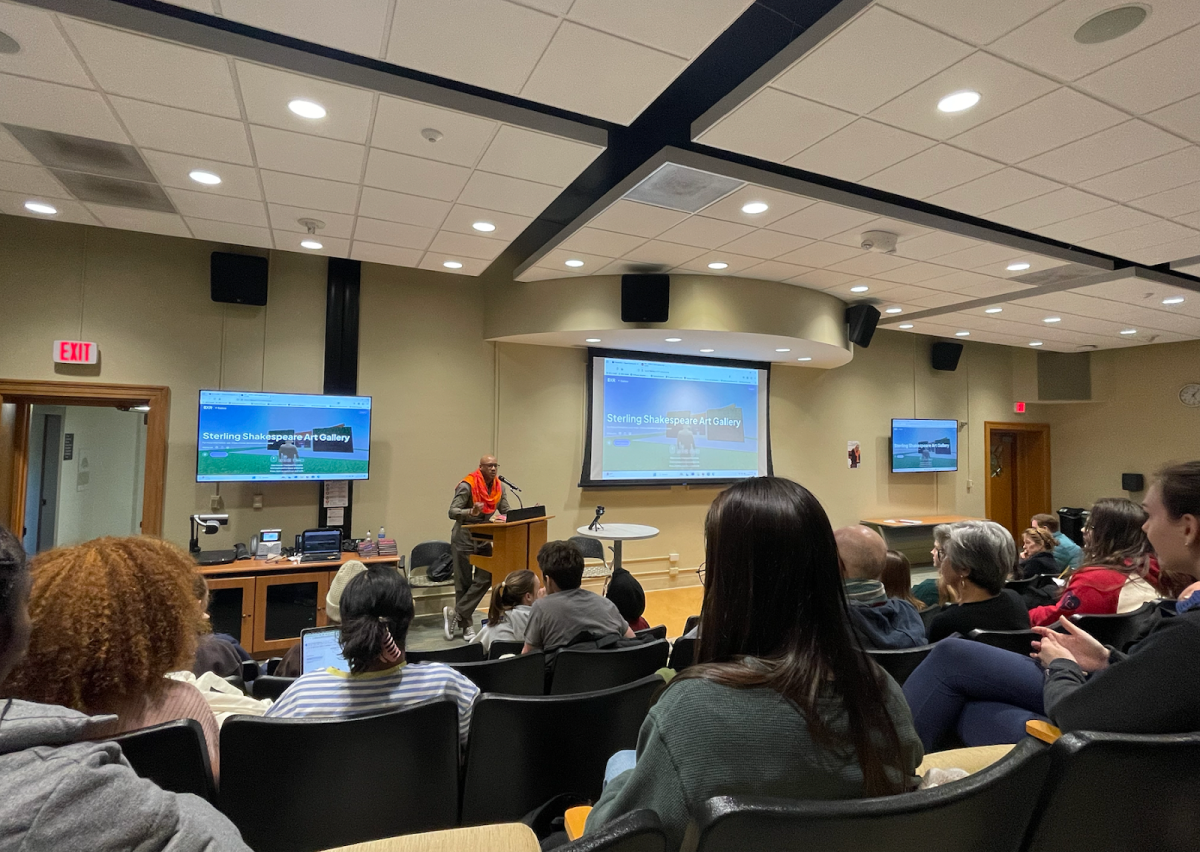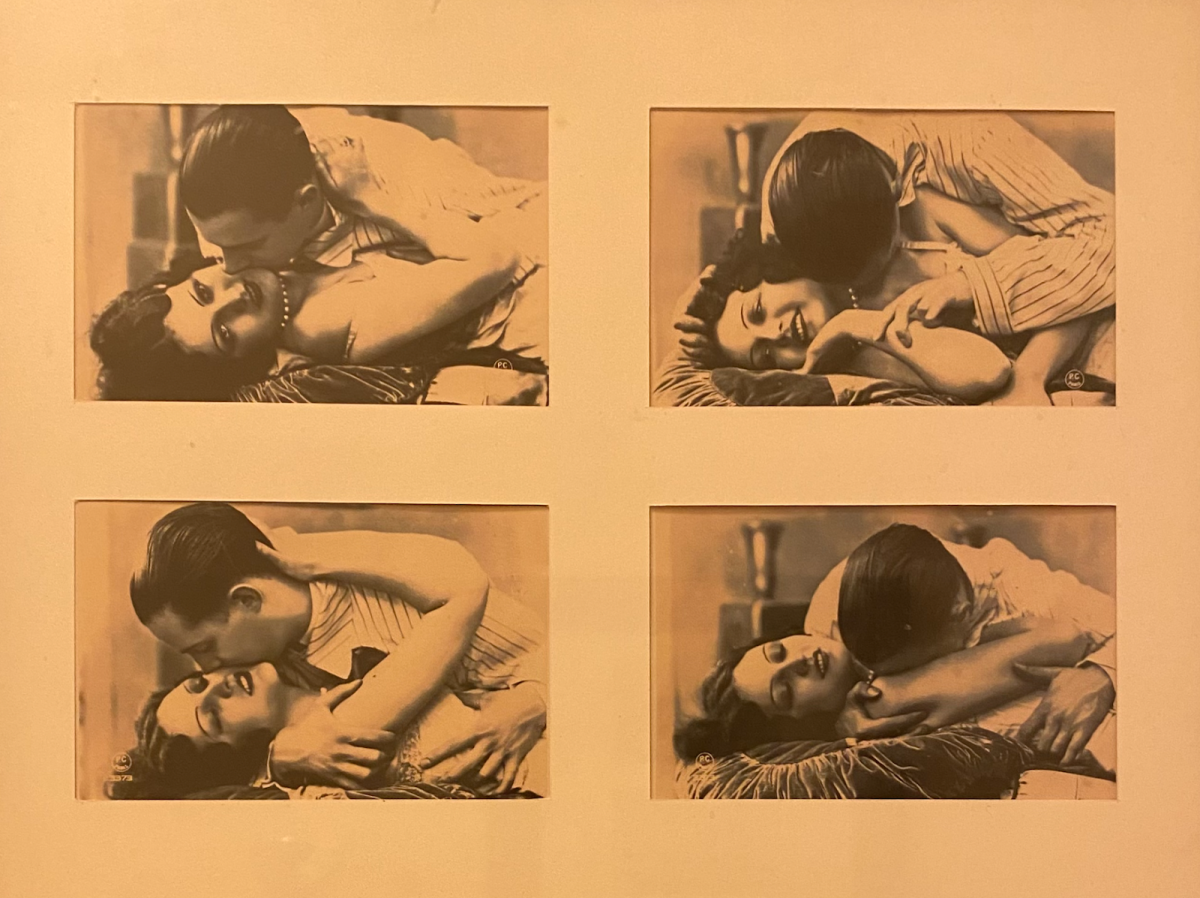In the 2020 presidential election, Millennial and Gen Z voters favored President Joe Biden over former President Donald Trump by around 20%. According to a wide range of polls conducted in early October, this partisan margin has mostly remained the same for the upcoming race. However, these numbers are slightly misleading — young voter demographics are changing, but these changes are canceling each other out. In particular, as young women voters increasingly turn toward the Democratic party, young men proportionally gravitate toward Donald Trump.
Both the Trump and Harris campaigns seem to be aware of the precarity of young — particularly young male — voters, and both have been targeting them aggressively in the hopes of seizing as favorable of margins as possible in that demographic. This is not surprising. What is somewhat surprising, and definitely interesting, is how they’ve gone about pandering to the youth. More than ever before, we are seeing streaming services like Twitch play a huge role in galvanizing potential support among young men.
On Aug. 5, 2024, Trump went where no presidential candidate has ever gone before: Kick, a streaming service that has much more relaxed rules and guidelines than its larger rival, Twitch. He went on Kick to sit down with Adin Ross, a 23-year-old content creator whose audience is overwhelmingly made up of young men. Ross, who produces content concerning video games, gambling and hip-hop, was banned from Twitch in 2023 for hate speech.
As the two men sat down in Mar-a-Lago, Ross began by saying, “The reason why I really wanted to make this stream happen is because there are a lot of people who are first-time voters watching today, and I want to make it very clear to everybody that you’re a human being, you’re a great human being.” After that, Ross gave Trump the floor to do all the campaigning he needed.
“Right now you don’t have the American Dream… We have a country that’s not being respected, a country that’s being laughed at,” Ross said.
The stream lasted almost an hour and a half and racked up over 500,000 live viewers at various points. It ended with Ross gifting Trump a custom-wrapped Tesla Cybertruck and a gold Rolex.

In a similar vein, Trump collaborated with the Nelk Boys, a group of Canadian content creators who focus on pranks and partying, with video titles like “Aggressively Vaping in People’s Faces,” “5 Ways to Compliment Boobs” and “Picking Up Girls in the Middle East.” Both Trump and his running mate, JD Vance, joined Nelk on their podcast, FULL SEND PODCAST. One of the top comments on Vance’s appearance was from @mh23hm, who wrote, “This guy is chill AF … good move to do this podcast because the media and social media puppets are going all in on slandering him right now. Should do more podcasts…”
This new approach is not exclusive to the Trump-Vance campaign, as Vice President Kamala Harris and Minnesota Governor Tim Walz have also attempted youth outreach in unorthodox ways. Harris now has an active account on Twitch, @KamalaHarris, and she collaborated with World of Warcraft streamer @preheat to stream Walz’s Arizona rally alongside WoW gameplay. According to the New York Times, “This was the first time the Harris campaign has livestreamed gameplay from its Twitch account, which was created in August, and roughly 5,000 viewers were tuned in.” The results were underwhelming compared to Trump’s massive collaboration with Ross.
However, things were different when Harris joined the second most popular podcast on Spotify, “Call Her Daddy,” on Oct. 6. The podcast has an audience of around five million, most of which are women, that represent a wide spectrum of political beliefs. Harris talked with host Alex Cooper about topics ranging from abortion, to Harris’s children, to making the country safer for women. Albeit for very different reasons, both Harris and Cooper received criticism for this collaboration. Harris was criticized for wasting precious campaign time, whereas Cooper faced backlash from some of the conservative side of her audience, who felt alienated by the appearance of the Vice President. Nonetheless, Harris’s goal was to reach out and speak directly to young women who might not be tuning in to more mainstream political events, or to dedicate more time to those who are. The hope seems to be that, by focusing exclusively on women’s issues, Harris can run up the margins on young women voters come November.
I have no idea who is going to come out on top in this new campaign battleground, let alone who is going to win the election, but I do think this is a fundamental shift in how nominees approach their campaigns — one that I only see growing from here. There have even been rumblings about both Harris and Trump making an appearance on the “Joe Rogan Podcast,” the most popular podcast on Spotify, despite his overt criticism of both over the years. Just as the television broadcast of the Nixon-Kennedy debate in 1960 changed the way we see our candidates, I believe watching them on entertainment-focused livestreams will also evolve our relationship with them and with politicians in general. It means moving away from pandering to voting blocks like “Independents living in Southeast North Carolina” to voting blocks like first-person-shooter gamers and FashionTok. What remains to be seen is whether or not these new demographics are more or less precise.
Do your entertainment networks truly betray your politics?











